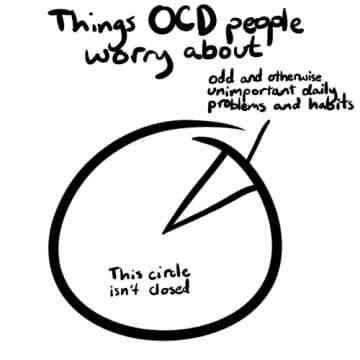Recent research indicates that patients with anxiety experience greater post-operative pain and higher rates of opioid use following total knee arthroplasty (TKA) compared to those without anxiety. This study highlights the impact of mental health on physical recovery outcomes after surgery.
In a retrospective analysis, researchers examined the medical records of patients who underwent TKA. They found that individuals diagnosed with anxiety reported higher pain scores during their recovery process. Furthermore, these patients were more likely to require opioid medications to manage their pain.
The findings underscore the importance of addressing mental health conditions in surgical care. For instance, the study revealed that anxiety patients averaged a pain score of 7 out of 10, while those without anxiety reported an average score of 4. Additionally, 65% of anxiety patients used opioids post-surgery, compared to just 30% of those without a mental health diagnosis.
According to the authors, these results illustrate the need for a holistic approach to patient care, particularly in orthopedic surgery. They emphasize the necessity of screening for anxiety before surgery and implementing strategies to manage both mental and physical health. By doing so, healthcare providers can potentially improve recovery outcomes and reduce reliance on opioids for pain management.
The study sheds light on the interconnectedness of mental health and post-operative recovery, suggesting that interventions aimed at reducing anxiety may lead to lower pain levels and decreased opioid use following TKA. As healthcare systems continue to tackle the opioid crisis, understanding the role of mental health becomes increasingly vital.



